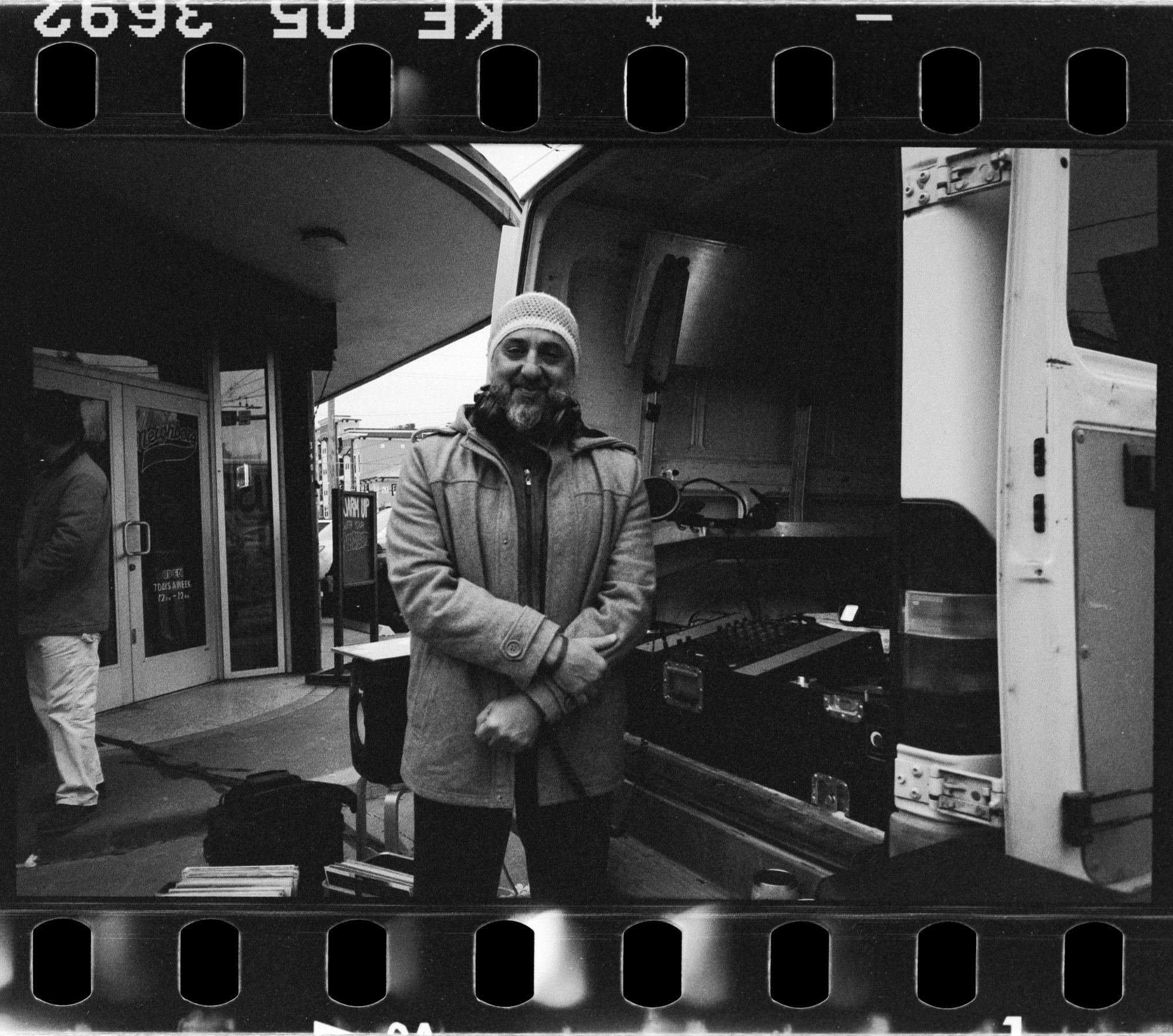Big Music, Small Label
Back in 2007, Austin’s experimental rock band, … And You Will Know Us by the Trail of Dead, committed what many musicians might consider an act of insanity. Facing the end of their contract with major label Interscope Records, the band did not re-sign, citing the indifference of the label’s marketing department and disappointing sales, and struck out on its own. It gave up what many bands would consider a dream contract. Trail of Dead was long known as a pet project of Interscope head Jimmy Iovine, who, it was said, gave the band creative freedom, the holiest of grails in big-business pop music. Given its epic songs, cryptic lyrics and left-field cultural criticism, not to mention their “smoking crater” shows defined by mayhem and shattered instruments, Trail of Dead surely couldn’t hope for that kind of mainstream access again.
No matter. Trail of Dead left and started its own record label, Richter Scale. It went back to what the band did best: playing loud, breaking things, and recording albums full of symphonic rock with edgy riffs and ornate arrangements. This month Trail of Dead released its second album under the Richter Scale banner, Tao of the Dead. It’s a perfect distillation of the band’s sound: punk energy married to progressive ambition, propped up by hundreds of overdubs. There’s little about Tao of the Dead that’s subtle. It has larger-than-life riffs that sound like medieval fanfares and sober lyrics filled with references to “wandering lost tribes,” “dead souls” and “wastelands.” Everything is big, Big, BIG.
I guess going big is what a punk band does to rebel against a system that’s shrinking. The music industry, battered by free downloads, illegal file-sharing and miniaturized attention spans, now relies on ringtones and cross-marketing synergy to see it through. So along comes Trail of Dead with an old-school, LP-style album. There’s a side A and a side B, one side in one key and the other in another. It’s tied together thematically and conceptually, as if people still had the time or the inclination to listen to 60 minutes of music by one group. As if this were 1977 and hi-fi stereos and concept albums were still the rage. “Need a real album to save my soul/It’s been another dead year for rock and roll,” sings band co-founder Conrad Keely. “Thinning out across the waves/Rock dissolves to pure cosplay.”
“Cosplay” is a neo-English phrase from Japan that describes the subculture where people dress and act like their favorite characters from comic books or science fiction movies. Participants in cosplay, short for “costume play,” dive into their characters with self-effacing devotion, assuming other’s lives at the expense of their own. For Trail of Dead, the state of rock music is cosplay; it’s a world of mannered affectation without substance. Gone are full-length albums filled with emotional arcs and aesthetic meaning played by explorers. Here to stay are one-offs by practitioners of “dead retro” who see value in walking down roads others have mapped.
Disaffection might be what Trail of Dead has been missing; it might be their creative fuel. As the band puts it: “We believe in a life where the pain never ends.” Maybe life just got too easy in the coddled world of the major label.


